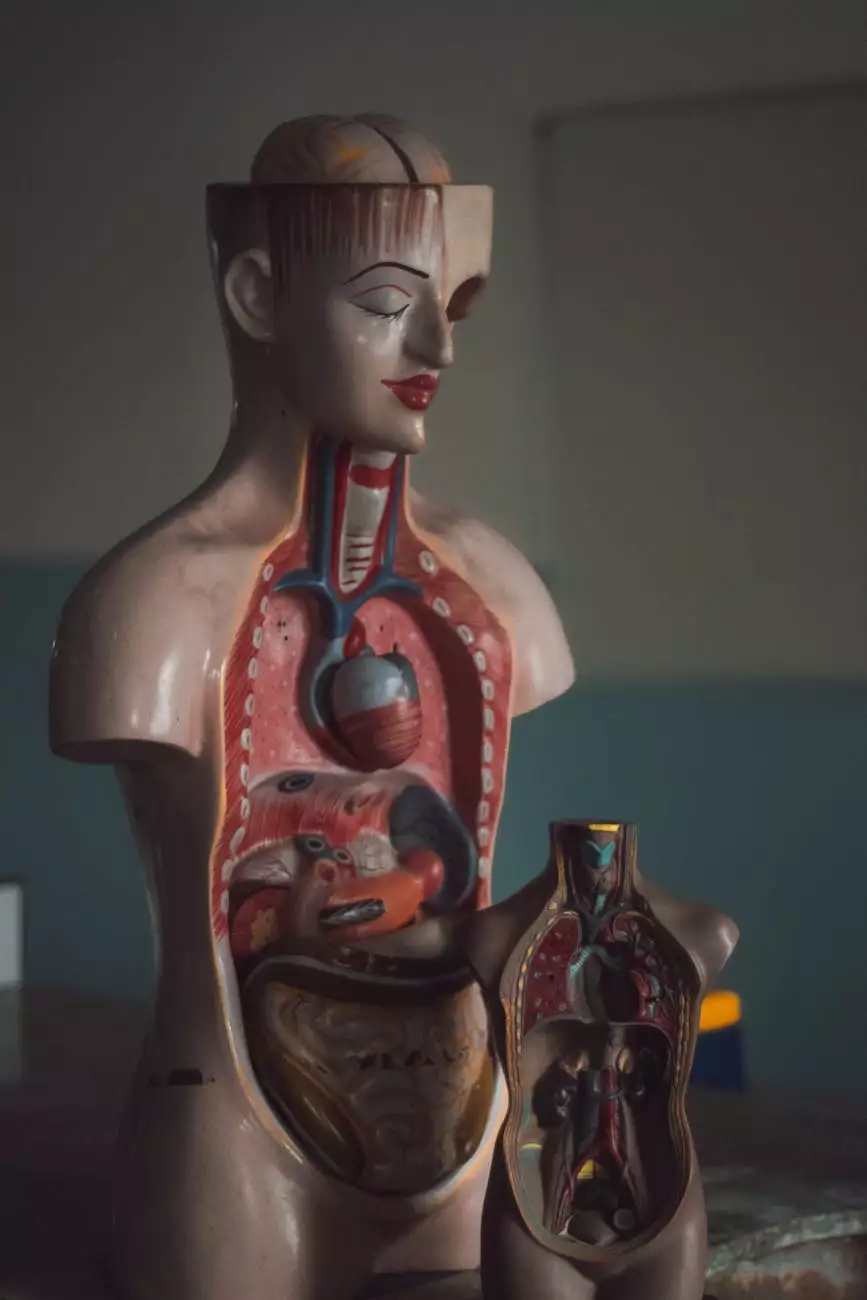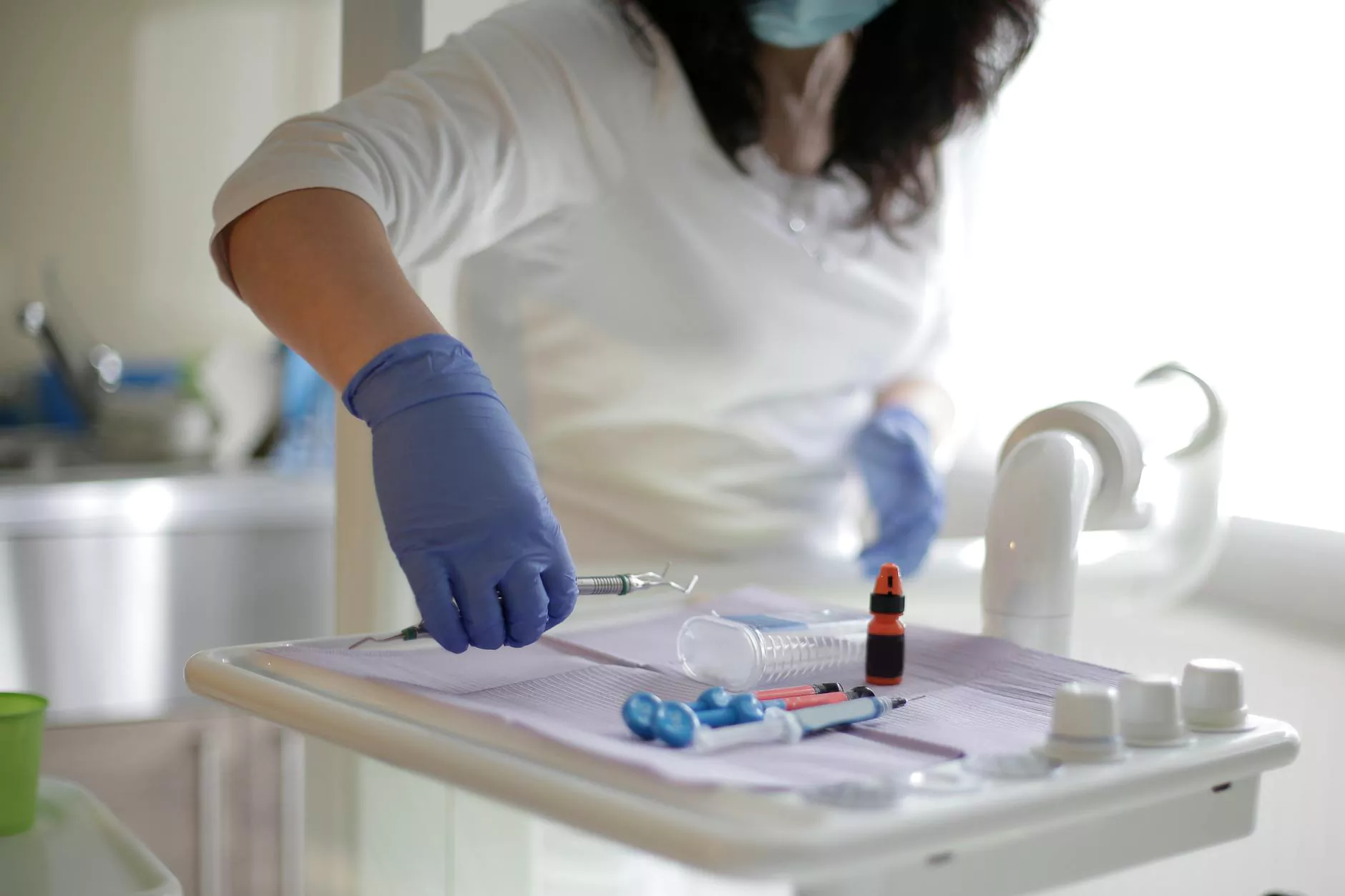Why Women Are At An Increased Risk For Gallstones

The Link Between Gender and Gallstones
Gallstones are a common health concern, especially among women. Understanding the reasons behind this increased risk is crucial for prevention and timely intervention. At Minneapolis Weight Loss Doc, we believe in empowering individuals with knowledge about their health. In this article, we delve into the factors responsible for the higher prevalence of gallstones in women and provide insights to help you take control of your well-being.
Hormonal Factors
Female hormones, such as estrogen, play a significant role in the development of gallstones. Estrogen promotes the secretion of cholesterol into bile, which can lead to cholesterol gallstone formation. Additionally, hormonal changes during pregnancy and the use of certain oral contraceptives can increase the risk further. Understanding the hormonal factors involved allows healthcare providers to tailor preventive strategies for women.
Dietary Habits
Studies suggest that dietary choices contribute to the higher risk of gallstones in women. Diets high in saturated fats, cholesterol, and refined carbohydrates can disrupt the balance of bile salts, leading to gallstone formation. Conversely, a diet rich in fruits, vegetables, whole grains, and healthy fats promotes gallbladder health. At Minneapolis Weight Loss Doc, we emphasize the importance of a balanced diet and offer personalized nutritional guidance to support your overall well-being.
Body Weight and Obesity
Excess body weight, especially obesity, is a crucial risk factor for gallstones in women. Obesity is associated with increased cholesterol secretion in bile, reduced gallbladder motility, and impaired gallbladder emptying. Additionally, rapid weight loss or yo-yo dieting can disrupt the metabolism of cholesterol, making it more likely to crystallize and form gallstones. Maintaining a healthy weight through proper nutrition and regular physical activity is vital for reducing the risk of gallstones.
Genetic Predisposition
Research indicates that genetics play a role in gallstone formation, with certain genes being associated with an increased susceptibility to gallstones. Although genetic factors may not be directly modifiable, understanding your predisposition can help healthcare professionals implement preventive measures and surveillance strategies tailored to your needs.
Age and Pregnancy
The risk of developing gallstones increases with age, particularly after the age of 40. Hormonal changes during perimenopause and menopause also contribute to an elevated risk. Furthermore, pregnancy increases the secretion of estrogen, which can promote gallstone formation. It is essential for women to be aware of these age-related factors and proactively manage their health under the guidance of experienced healthcare providers.
Conclusion
As a woman, understanding the factors that contribute to an increased risk of gallstones empowers you to make informed decisions about your health. At Minneapolis Weight Loss Doc, we prioritize comprehensive healthcare and prevention. By adopting a healthy lifestyle, including a well-balanced diet, regular exercise, and proactive weight management, you can reduce the risk of gallstones and maintain optimal well-being.










